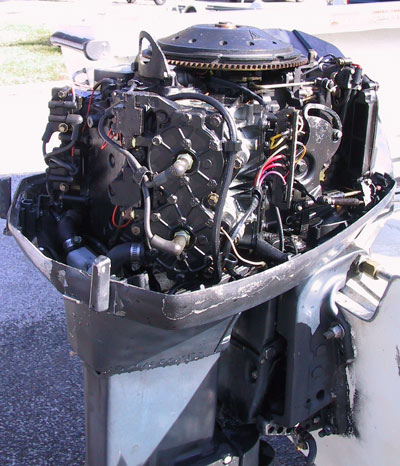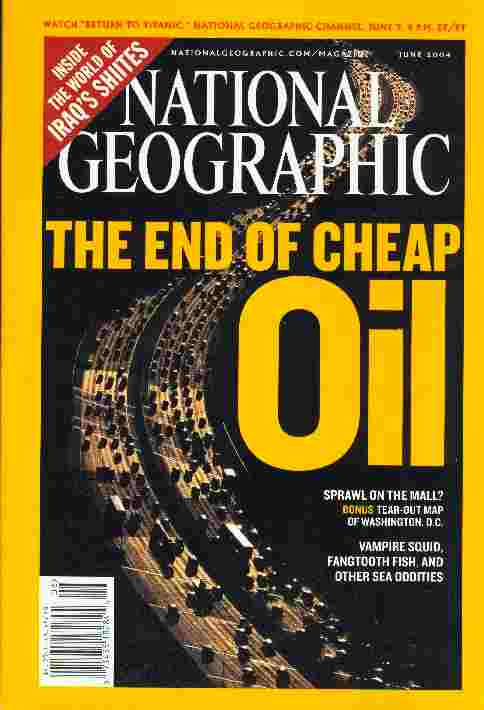Hurricane Gustav

Hurricane Gustav is approaching New Orleans, according to the New York Times and the Associated Press. This is the first evacuation warning that the bereaved citizens of New Orleans are receiving since the internationally watched evacuation during the Hurricane Katrina tragedy. This time the mayor of New Orleans, Ray Nagin, is not taking things lightly. According to him, Hurricane Gustav will be the “storm of the century,” unrivaled by the incredible power seen in Hurricane Katrina. Although his warnings are far more extravagant than the ones issued by the National Hurricane Center, they are meant to warn jaded residents who feel like they could just ride out the storm. People are taking the warning seriously and the evacuation is taking the form of hundreds of thousand New Orleans residents leaving their homes for safer pastures. The Gulf of Mexico is responsible for producing a large percentage of US bulk oil and this production will be deeply affected by the storm.






 Piston barrel pumps will aid you in getting your
Piston barrel pumps will aid you in getting your 

 Just as it is important to maintain your car’s engine for optimum performance, your boat requires a certain amount of care for consistent and smooth operation. Since an outboard motor hangs outside the hull of a boat, it requires special attention to prolong its life. Caution when transporting your boat to the destination of your planned outing is extremely important. The motor and boat trailer should be braced securely so that the motion of land travel does not cause permanent damage.
Just as it is important to maintain your car’s engine for optimum performance, your boat requires a certain amount of care for consistent and smooth operation. Since an outboard motor hangs outside the hull of a boat, it requires special attention to prolong its life. Caution when transporting your boat to the destination of your planned outing is extremely important. The motor and boat trailer should be braced securely so that the motion of land travel does not cause permanent damage. Once again, the prices of
Once again, the prices of  This weekend, it was announced that Saudi Arabia will increase oil output by an additional 200,000 barrels. This will make the daily total of
This weekend, it was announced that Saudi Arabia will increase oil output by an additional 200,000 barrels. This will make the daily total of